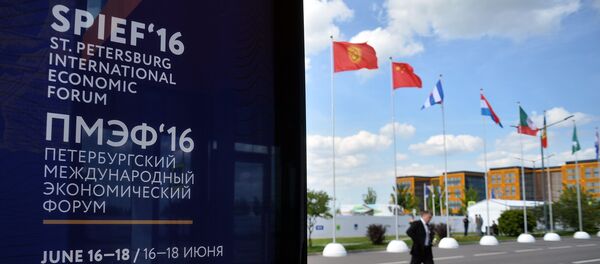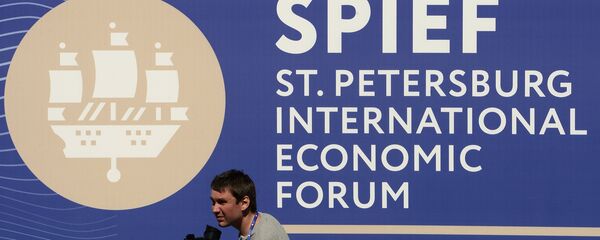Russia has since used the platform to reinforce existing and pragmatic Western partnerships while also spearheading breakthroughs in forging new non-Western ones. The second category of engagement includes the Eurasian Economic Union’s rapidly developing relations with East and Southeast Asian states, attracting investment deals from the Mideast, and strengthening the decades-long friendship with India. While Russia’s high-level and comprehensive strategic partnership with China is a well-known fact in today’s world, as is its ambitions to build ties with ASEAN, comparatively less has been said about Moscow’s economic engagement with the Mideast and its future vision for South Asia, both of which will figure prominently in this year’s SPIEF gathering due to the participation of the Saudi Energy Minister and Indian Prime Minister Modi, respectively.
Though the Mideast and South Asia aren’t exactly the regions that come to mind when people think about Russia’s 21st-century economic strategy, this year’s SPIEF might change all of that if the right deals are sealed.
Joaquin Flores, Editor-in-Chief of Fort Russ and Director of the Center for Syncretic Studies, and Vladimir Rodzianko, Managing Director at The Duran, join the show.
We'd love to get your feedback at radio@sputniknews.com.
Have you heard the news? Sign up to our Telegram channel and we'll keep you up to speed!



